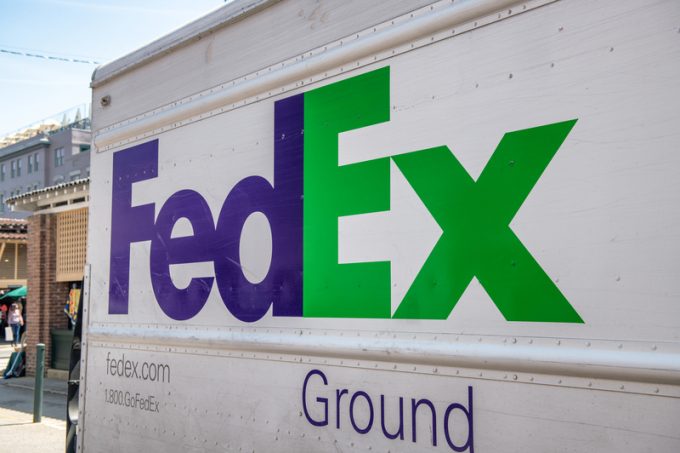UPS talks to lots of customers – outlook? Impossible. Later? Who knows?
UPS SCS – not a pretty sight

FedEx is scaling back on Sunday deliveries in the US, retreating from unprofitable regions in a move widely seen as a gesture to its contractors.
There are doubts, however, that the integrator can come to grips with a festering problem affecting its performance.
From 15 August, FedEx ...
Keep our news independent, by supporting The Loadstar
Red Sea crisis has driven most new capacity into extended Asia-Europe trades
Carrier price hikes hold, driving spot rates higher as space gets scarcer
Crew forced to abandon ship in latest fire on vessel carrying EVs
The Loadstar Podcast | Transport Logistic and Air Cargo Europe 2025
Explosions and 'out-of-control' fire reported on Wan Hai box ship
'Now or never' for Kuehne and DHL GF to hit back at DSV
Carriers on the hunt for open tonnage again as transpacific rates soar

Comment on this article